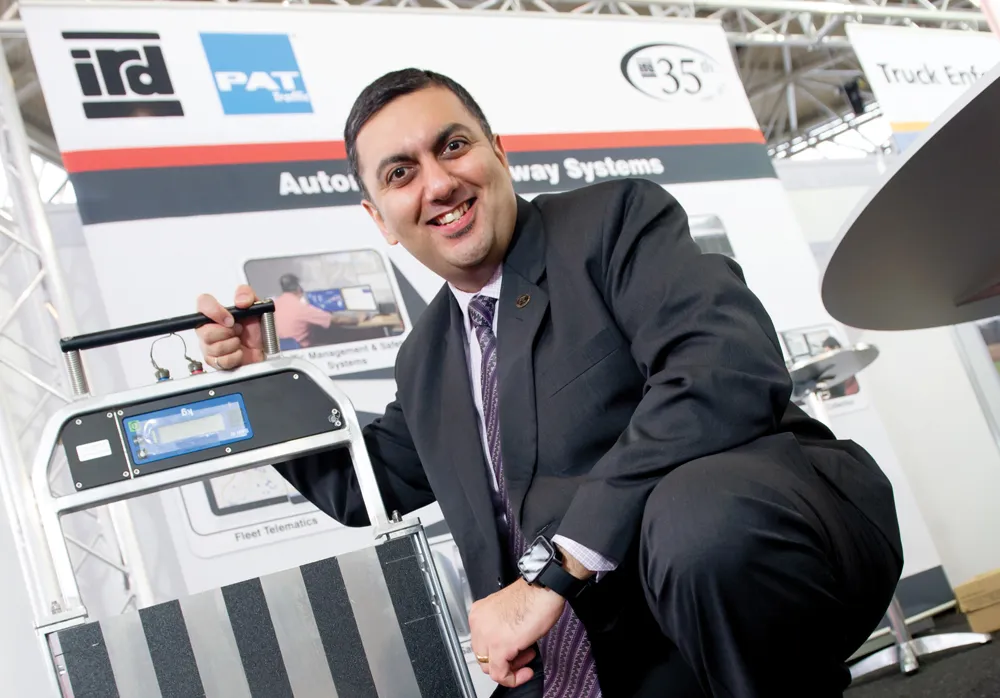The Swedish Transport Administration (Trafikverket) is to continue its contract with Q-Free for the service and maintenance of the congestion charging infrastructure in Stockholm. The three-year contract is valued at approximately US$6 million and commences in November 2013. Congestion charges were introduced in Stockholm in 2006, first as a trial followed by a referendum, then permanently from 2007. A 2011 report published by Elsevier in mid-2011 concludes that during the first five years of operation the
July 11, 2013
Read time: 2 mins
The Swedish Transport Administration (6301 Trafikverket) is to continue its contract with Q-Free for the service and maintenance of the congestion charging infrastructure in Stockholm. The three-year contract is valued at approximately US$6 million and commences in November 2013.
Congestion charges were introduced in Stockholm in 2006, first as a trial followed by a referendum, then permanently from 2007. A 2011 report published by Elsevier in mid-2011 concludes that during the first five years of operation the traffic reduction caused by the charges has increased slightly over time, while effects on the traffic system have contributed to increasing public support. Alternative fuel vehicles were exempt from the charges through 2008, and this substantially increased the sales of such vehicles.
"We see Sweden as being in the forefront with respect to applying advanced road pricing systems to reduce traffic congestion, and we are proud to be a part of these initiatives also going forward", comments108 Q-Free CEO Øyvind Isaksen.
Congestion charges were introduced in Stockholm in 2006, first as a trial followed by a referendum, then permanently from 2007. A 2011 report published by Elsevier in mid-2011 concludes that during the first five years of operation the traffic reduction caused by the charges has increased slightly over time, while effects on the traffic system have contributed to increasing public support. Alternative fuel vehicles were exempt from the charges through 2008, and this substantially increased the sales of such vehicles.
"We see Sweden as being in the forefront with respect to applying advanced road pricing systems to reduce traffic congestion, and we are proud to be a part of these initiatives also going forward", comments









